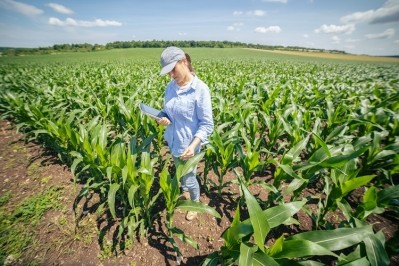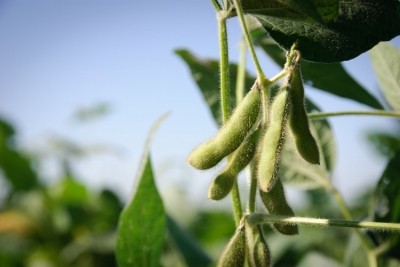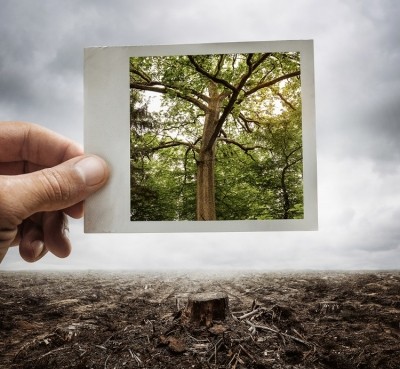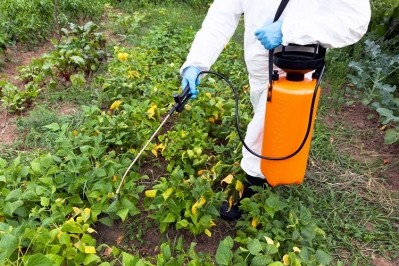Tesco pays soy farmers to halt deforestation in the Brazilian Cerrado
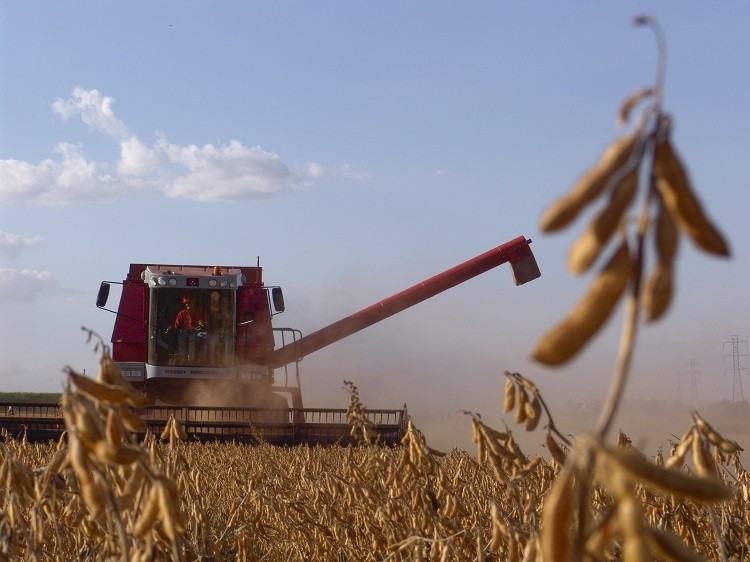
The Cerrado savannah covers more than 20% of Brazil. Home to over 5% of global biodiversity, the Cerrado stores nearly 1.4bn tonnes of carbon and is crucial to preserving 40% of Brazil’s fresh water.
However, deforestation is prevalent in the Cerrado – double that of the better-known Amazon rainforest.
This is largely due to land conversion for cattle ranches and soy crops. Soy, which is predominantly used in animal feed but is increasing in popularity as a source of plant-based protein for humans, is a significant commodity for the agricultural sector worldwide.
Global production is estimated at close to 250m metric tonnes per year – 80% of which comes from the US, Brazil and Argentina.
With the majority of Brazilian soy coming from the Cerrado, food and feed companies, including UK retailer Tesco, are joining forces to halt deforestation across the savannah.
Funding for Soy Farmers in the Cerrado
The funding initiative, known as ‘Funding for Soy Farmers in the Cerrado’, aims to support farmers to produce soy on existing agricultural land only.
In doing so, the cohort of food and feed businesses hope to save critically important forest and native vegetation from deforestation.
It is believed that providing financial incentives can be effective in supporting soy farmers to go beyond regulatory requirements to protect the region’s biodiversity, while expanding soy production on existing agricultural land.
And Cerrado soy farmers appear to agree. According to Gabriel Couto, who grows soy in the Brazilian state of Maranhão, payments are a ‘direct way to curb deforestation’. “For the farmer who is not yet aware of the global importance of forests, this incentive would give him a direct economic reason to contribute to the preservation of his reserves.”
Benildo Telles, who farms soy in Mato Grosso, also voiced support for the funding initiative: “I believe it is possible to produce sustainably while preserving forests and soil, but receiving payments for environmental services is critical to that.”
Initial forecasts suggest an estimated US$250m (€230m) in funding is required over a five-year period to limit additional deforestation for soy production in the region.
Tesco contributes £10m
UK supermarket retailer Tesco is contributing £10m (£2m per year for the next five years) to the ‘potentially transformational’ initiative.
“Brazil is our most significant sourcing country for the soy used as animal feed in our supply chain,” noted the company. “In line with our UK Zero Deforestation Soy Transition Plan, we aim to support the creation of verified deforestation soy sourcing areas.”
Tesco hopes that a number of other companies that buy or use soy, as well as foundations and governments, will contribute financial support to the project.
“Together, we can halt forest loss and safeguard the Brazilian Cerrado for future generations, and in turn improve the sustainability of many of the products our customers enjoy.”
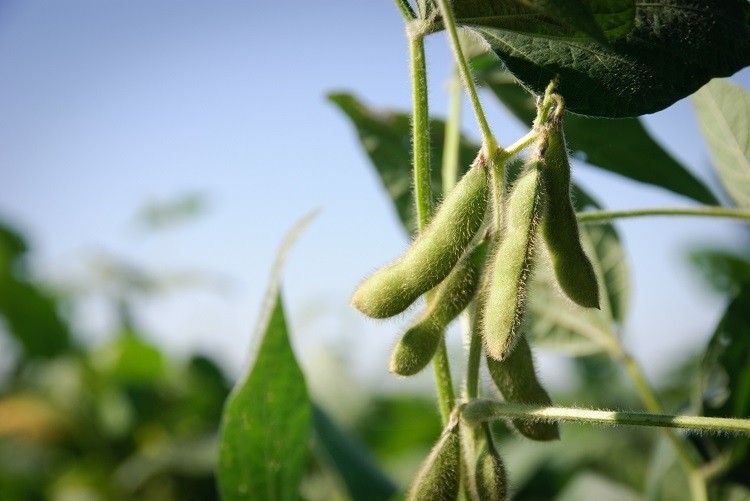
Grieg Seafood and Nutreco
Norway-headquartered Grieg Seafood and Dutch feed supplier Nutreco are also supporting the cause.
All soy that salmon farming company Grieg Seafood uses in its feed is certified according to ProTerra or the Round Table on Responsible Soy (RTRS). In addition to this, the company is contributing US$2 per tonne of soy it uses annually in its fish feed for five years.
“Although the soy we use in our salmon feed is certified and deforestation-free in and of itself, ‘Funding for Soy Farmers in the Cerrado’ gives us an opportunity to make a greater industry impact further back in our value chain,” said Grieg Seafood CEO Andreas Kyame.
“The idea behind the initiative is that businesses with Brazilian soy in their value chain can contribute with this funding. We hope many international companies will join us, both in and outside the salmon sector.”
Animal nutrition and aquafeed company Nutreco, which is also a member of RTRS, has pledged to commit €1m in funding over a five-year period.
“This initiative is a new breed of conservation protection, which recognizes responsible action by landowners interested in tackling climate-related issues especially in environmentally critical environments and biomes,” noted CEO Rob Koremans.
“Soy is a key ingredient in global animal and aquaculture feed production and I hope that other companies, particularly within the feed industry, will come forward and commit to this initiative over the coming months.”
